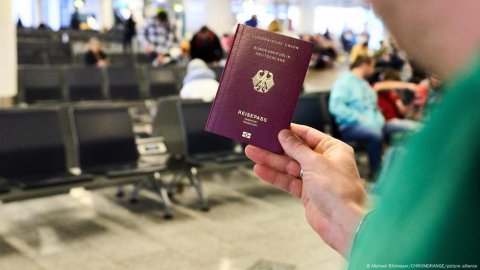Understanding the Surge in Turkish Citizenship Applications in Germany
In recent years, there has been a noticeable increase in the number of Turkish nationals applying for citizenship in Germany. This trend can be attributed to several factors, including changing immigration policies, socio-economic conditions in Turkey, and the desire for better opportunities within Germany. In this article, we will explore the reasons behind this rise, the implications for both the Turkish community and Germany, and the overall impact on immigration dynamics.
Changing Immigration Policies
Germany has been known for its welcoming stance towards immigrants, particularly since the refugee crisis of 2015. This has resulted in a more structured and accessible pathway for foreigners, including Turkish citizens, to acquire citizenship. Some key aspects include:
Socio-economic Factors in Turkey
The socio-economic landscape in Turkey has also influenced the surge in citizenship applications. Several factors contributing to this scenario include:
Desire for Better Opportunities
The Turkish community in Germany has been historically significant, with many individuals already established in various sectors. The desire for better opportunities is a driving force behind the increase in citizenship applications:
Implications for Germany and the Turkish Community
The rising number of Turkish citizens in Germany carries both opportunities and challenges:
Conclusion
The surge in Turkish citizenship applications in Germany reflects a complex interplay of factors, including changing immigration policies, socio-economic conditions in Turkey, and the quest for better opportunities. As Germany continues to embrace diversity and integration, the implications of this trend will shape the future of both the Turkish community and the nation itself. Understanding these dynamics is crucial for policymakers, community leaders, and individuals alike, as they navigate the evolving landscape of immigration and citizenship.
In summary, the rise in applications from Turkish nationals is not only a testament to the challenges faced in their home country but also highlights Germany’s role as a beacon of hope and opportunity for many. As we observe this trend, it is essential to foster an environment that supports the integration of newcomers while celebrating the rich cultural contributions they bring to German society.










